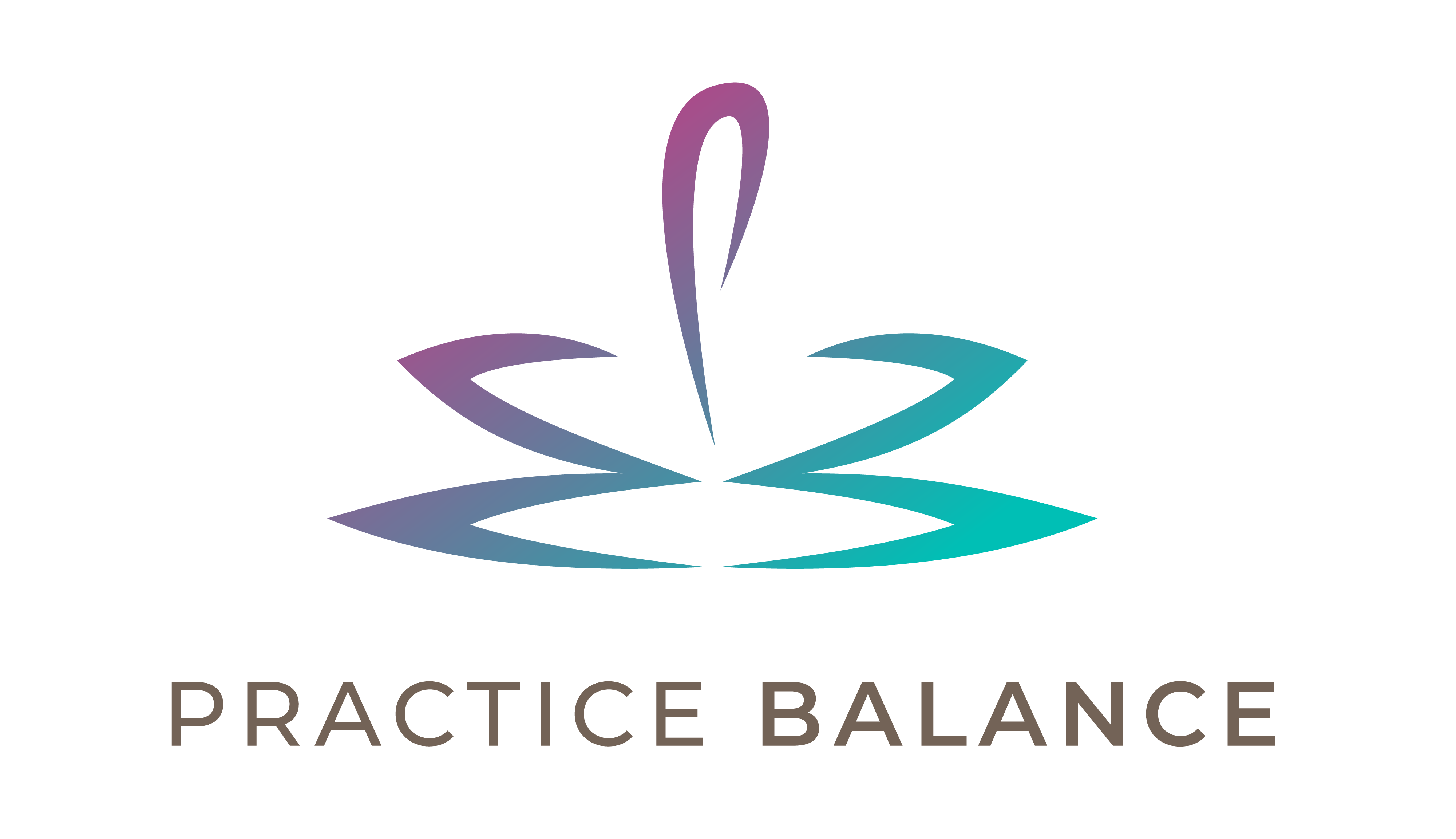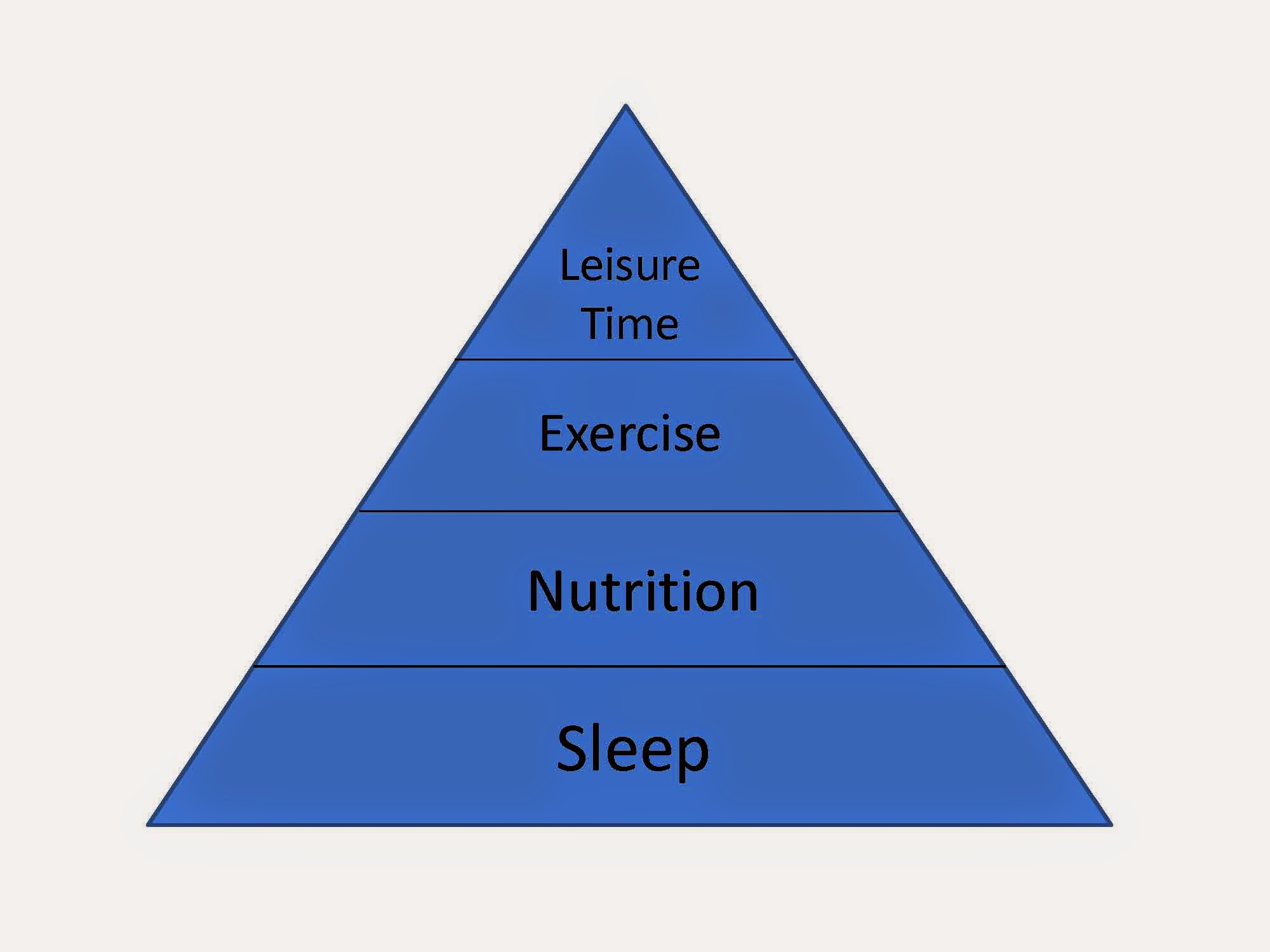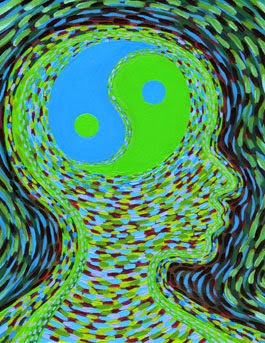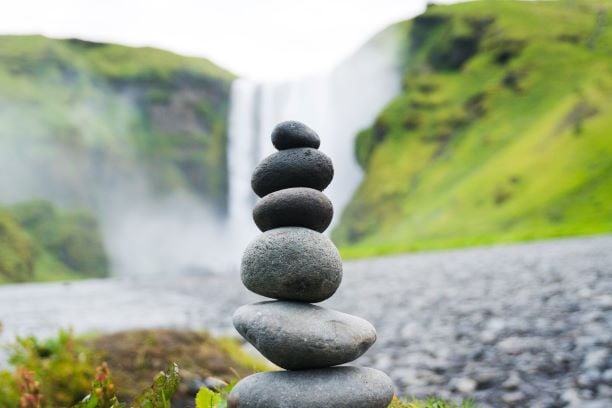If you’ve ever had the unfortunate experience of a visit to the ER, then you or your injured party were involved in triage. Maybe you sat there waiting to be seen, wondering why others were called back before you. If your reason for showing up in the ER is less serious than another person’s, you will be be seen on a lower priority. This is the concept of triage: the natural prioritization of who and what needs to be addressed first.
With the multiple responsibilities and roles we fill in life during these seemingly shorter and shorter days, it is imperative that we learn how to triage our own self-care. Recently, I was asked by a group of young female medical students to provide some practical tips for self-care. One of them said, “We know we should try to achieve some balance, but no one ever gives us real-life tips on how to do so. I don’t know where to start.” This prompted me to share some concepts I’ve had in my head, organized by priority. Following the theme of simplicity in my Four Realms of Balance (Work, Home, Community, and Self), I chose four basic categories of self-care for my triage: Sleep, Nutrition, Exercise, and Leisure Time.
Sleep. Sleep, which arguably could be lumped into such self-care categories as “rest” or “leisure”, definitely deserves to be a pillar on its own. It is the base of the pyramid of needs, a most important factor… such that all other attempts at self-care will suffer if sleep is inadequately addressed. Check out this Tedx Talk by Dr. Kirk Parsley on America’s Biggest Problem if you don’t believe me. The reality is that many of us will suffer periods of sleep deprivation, either due to work or childcare or other personal reasons, at various points during our lives. And during these challenging times, sleep should be priority number one… above proper nutrition or working out or any other self-care items. In other words, it would be better to eat garbage and not exercise but sleep extra than it would be to have nutrition and workouts dialed without good sleep habits.
The goal should be to get at least 7 hours per night. Of course there will be nights, such as on a call shift, that this will not happen. In that event, every attempt should be made to take a decent nap during the day. And no strenuous exercise should take place! This will merely have a paradoxically negative effect due to increased stress levels in the body. What if your profession involves shift work? This is difficult but can be managed. This blog post by night-shift pharmacist Michelle Tam is one of the best I’ve read about taking care of yourself while regularly working nontraditional hours.
What to do if you must nap at odd hours or have a hard time falling asleep when you should? Make yourself go to bed EARLY. Figure out when you need to wake up and get into bed 8-9 hours before that. Stop looking at the blue screens of TV, phone, or computers at least an hour before you want to fall asleep. If you must look at the computer, install f.lux. Wear a sleep mask. Make your room as dark as possible. Turn up the fan or air conditioner (or turn down the heater).
Nutrition. Without getting into political discussions about food choices or macronutrient ratios, the most broad-based, simple and effective piece of advice I can give here is to eat real food. Basically, 80% of the time you should be eating things that are made at home and/or do not come from a package, restaurant, or vending machine. No matter what your preferred diet (vegetarian, paleo, high protein, low fat, etc.), your food should be as unprocessed as possible. Experiment with some simple meals and go-to snacks that you can bring with you to work. Also have some “emergency” real food on hand for when you get stuck at work late or on-call. Examples of this would be a bag of raw almonds, dried fruit, hardboiled eggs, cans of tuna or salmon, or even an energy bar with minimal ingredients (Larabars are pretty good in that sense).
Exercise. Many people list “exercise” as one of their favorite ways to care for themselves. However, too much or the wrong kind of exercise can actually be detrimental if things like sleep are not optimized. Being in the higher and yet smaller end of the pyramid, exercise should
be modulated based on how well you are doing with your sleep and
nutrition. Just like you can’t fake a good night’s sleep, you can’t “out-train” a poor diet or poor sleep habits.
Now, some people are just not athletic or do not enjoy to exercise. Nevertheless, I maintain that “exercise” is a pillar of self-care for us all, as long as you re-frame it to encompass a broad spectrum of low-level activity to all-out intense sprinting. What is the type of exercise we should all be doing the most? WALKING. Most of us are capable of it, and if we are not, there exists a similar low-level alternative. And all the walking you do during your day can add up to quite a workout! What if it doesn’t because you sit all day at work? Try parking in the remote parking lot, taking short desk-breaks, walking at lunch, taking the stairs, etc. Build your exercise base with walking and fill in the rest with what is appropriate for you. (The topic of exercise deserves its own triage pyramid… a subject for another future post!)
Leisure Time. The rest of “you time” should be made up of things that bring you enjoyment. Not sure what those things are? Well, then you should spend some self-reflection time figuring out what makes you tick! What are your simple pleasures? What kind of personal maintenance activities (baths, massage, creative time, meditation, etc.) do you require to feel good? Take a look back at the Resilient Clinician self-care questionnaire for inspiration and have some go-to ideas.
My triage may seem a bit daunting, but it’s actually very simple. When faced with a choice over how to fill a particular period of time, think of the pyramid. I use it constantly in my own practice of balance; I may have planned to weight train or go bouldering after work, but if I woke up from a bad night’s sleep or work was particularly stressful, I will skip it… or maybe just go for a walk! How about you? How do you prioritize self-care?



 Busting the “Hidden Curriculum”
Busting the “Hidden Curriculum”

Wonderful post Dawn! I love that you have a vision of self-care that translates to a schematic triage system. We really do have to stick the basics of self-care in order to achieve balance in our lives. I am so glad you emphasized the importance of walking. I have come to appreciate that walking is the best exercise and can often be the best medicine.
Thanks for sharing your self-care pyramid!
Thanks, Sara! You're right, walking is the best-kep secret for exercise, mind-body connection, and fat loss!